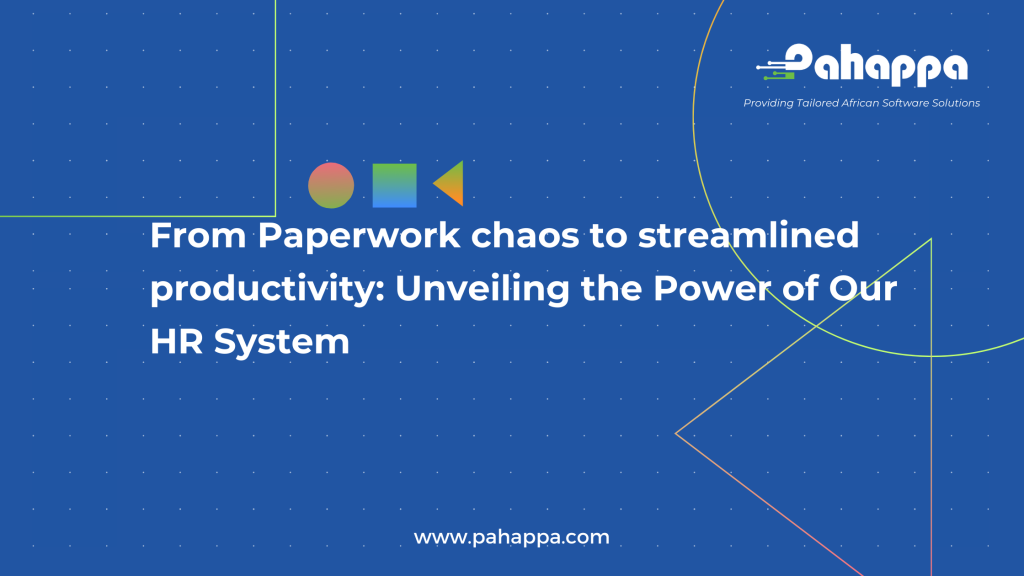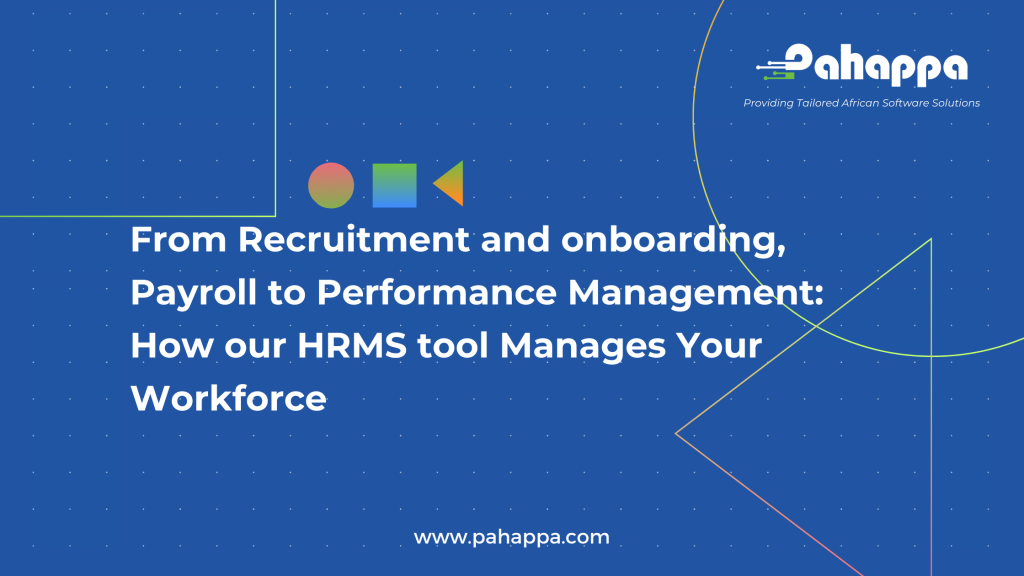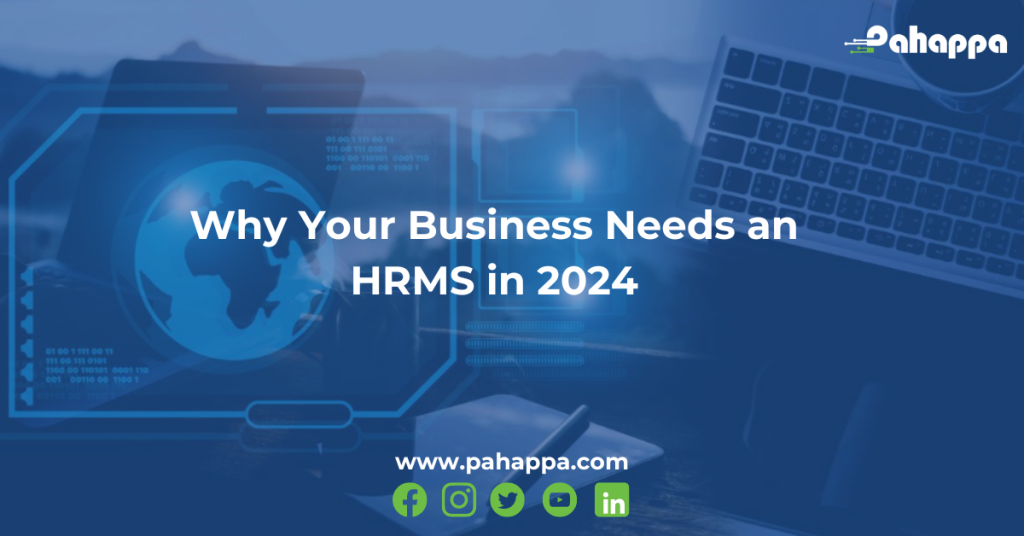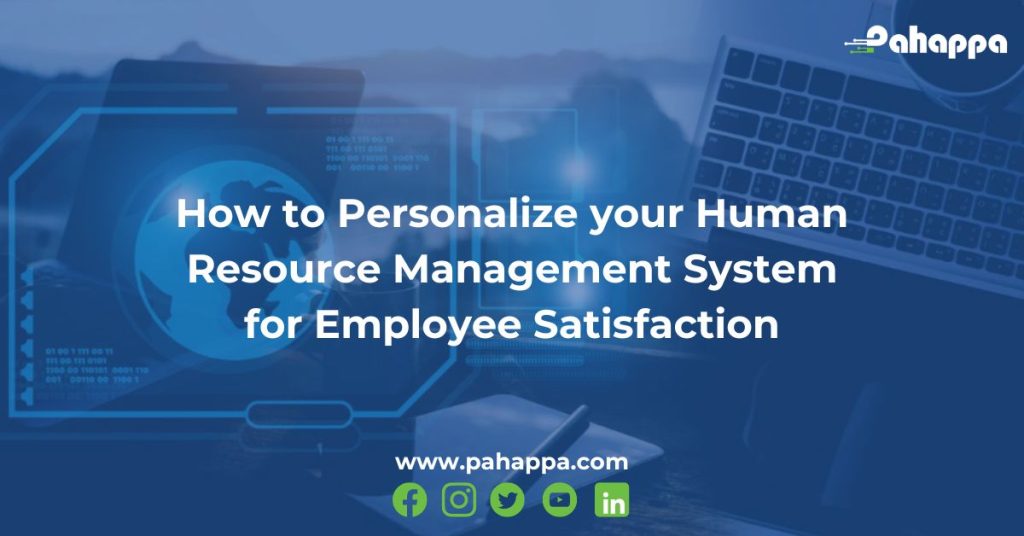A Custom Human Resource Management Information System (HRMIS) refers to a tailored or customized solution designed to meet the specific needs and requirements of a particular organization. An HRMIS is a comprehensive software application that assists in managing various HR functions and processes, including but not limited to employee data, payroll, benefits administration, recruitment, performance management, and training.
A Custom HRMIS is built or configured based on a specific organisation’s unique needs, workflows, and structure. Instead of using a one-size-fits-all approach provided by off-the-shelf HRMIS solutions, custom systems are developed to align with the organization’s business processes, industry requirements, and overall objectives.
Custom HRMIS solutions have tailored functionality. They are designed to address the specific needs and requirements of an organization. This means that the system can be configured to include features and functionalities that are relevant and essential for that particular business.
Custom solutions can be built to scale, accommodating the growth or changes in the organization. This scalability ensures that the HRMIS remains effective as the company expands or undergoes structural changes.
Custom HRMIS can be seamlessly integrated with other existing systems within the organization, such as SMS platforms, CRMs and Inventory Management Systems. This integration helps create a unified and efficient ecosystem in ERPs.
A Custom HRMIS provides organizations with the flexibility and adaptability required to meet their unique HR management needs. It ensures that the system aligns with the organization’s goals, processes, and industry standards, contributing to more effective workforce management.
The rise of Custom Human Resource Management Information Systems (HRMIS) is closely tied to the evolving nature of the workforce and the increasing need for flexibility in managing human resources. As organizations adapt to changing work dynamics, technological advancements, and employee expectations, a one-size-fits-all approach to HRMIS is becoming less effective. Here are several reasons why flexibility is considered the future of workforce management:
- Diverse Workforce Requirements:
- Organizations today have diverse workforce structures, including full-time employees, part-time employees, freelancers, and remote workers. A custom HRMIS allows companies to tailor their systems to accommodate the specific needs of different employee types.
- Agile Work Environments:
- The modern workplace is characterized by agility and adaptability. Traditional HRMIS solutions may struggle to keep up with the pace of change. Custom HRMS allows organizations to create systems that can be easily modified and updated to align with evolving business strategies and workforce dynamics.
- Scalability:
- As companies grow or downsize, their HR processes need to scale accordingly. Custom HRMIS solutions can be designed to scale seamlessly, accommodating changes in the size and structure of the workforce without the need for extensive modifications or replacements.
- Integration with Specialized Tools:
- Organizations often use a variety of specialized tools and software for different aspects of HR, such as recruitment, training, performance management, and payroll. Custom HRMIS allows for seamless integration with these tools, creating a unified and efficient ecosystem.
- Personalized Employee Experience:
- Employees now expect a personalized experience in all aspects of their work, including HR processes. Custom HRMIS can be designed to provide a user-friendly interface and personalized workflows, enhancing the overall employee experience and engagement.
- Compliance and Regulation:
- Different industries and regions have varying compliance and regulatory requirements. Custom HRMIS solutions enable organizations to tailor their systems to comply with specific industry standards and local regulations.
- Data Security and Privacy:
- With the increasing emphasis on data security and privacy, organizations need HRMIS solutions that can be customized to meet their specific security requirements. Custom solutions allow for the implementation of robust security measures tailored to the organization’s needs.
- Adaptation to Technological Advancements:
- Technology is constantly evolving, and organizations need HRMIS solutions that can easily adapt to new technological advancements. Custom solutions offer the flexibility to integrate emerging technologies, such as artificial intelligence and machine learning, to enhance HR processes.
- Cost-Efficiency:
- While the initial investment in a custom HRMIS solution may be higher, it can lead to long-term cost-efficiency. Customization allows organizations to build a system that precisely meets their needs, reducing the likelihood of unnecessary features or the need for frequent upgrades.
- Competitive Advantage:
- Custom HRMIS solutions can provide a competitive advantage by aligning HR processes with the organization’s unique business strategy. This level of alignment and customization can contribute to improved efficiency, employee satisfaction, and overall organizational performance.
In conclusion, the rise of Custom HRMIS reflects the recognition that flexibility is crucial in adapting to the changing workforce management landscape. Organizations that invest in customized solutions can better address the unique needs of their workforce, foster agility, and gain a competitive edge in the dynamic and evolving business environment. To learn more about HRMIS and how to customise it to your needs, visit us here.











